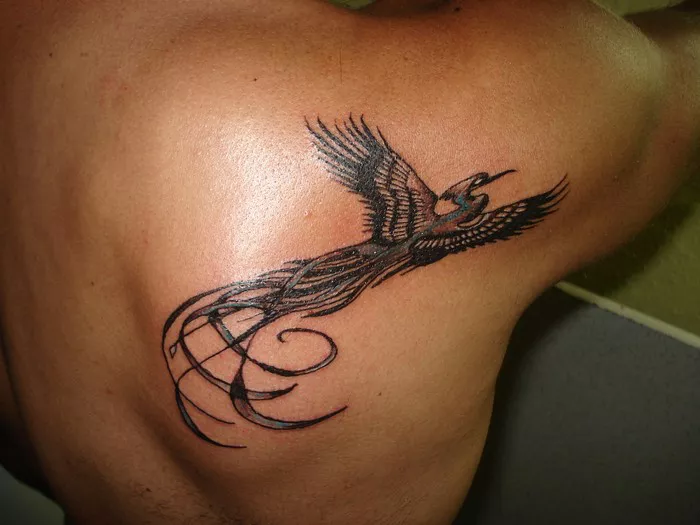Tattoos serve as personal expressions of identity, art, and culture, making them deeply meaningful to those who bear them. Whether commemorating a significant moment, paying homage to a loved one, or simply embracing a unique aesthetic, tattoos often carry profound significance for their owners. Consequently, the question of replicating existing tattoos raises ethical considerations within the tattooing community. Is it appropriate, or is it rude, to ask a tattoo artist to copy a tattoo? This inquiry delves into the complex intersection of artistic integrity, client desires, and respect for originality within the realm of tattoo artistry.
Understanding the Ethical Dilemma
At the heart of the matter lies a fundamental tension between artistic integrity and client satisfaction. Tattoo artists are skilled professionals who invest time, effort, and creativity into their craft. Each design they create reflects their artistic vision, technical expertise, and personal style. Asking an artist to replicate another’s work can be perceived as devaluing their creativity and undermining their professional integrity. It may also infringe upon the original artist’s intellectual property rights, raising legal and ethical concerns.
On the other hand, clients often seek to replicate tattoos they admire for deeply personal reasons. Whether inspired by a celebrity’s ink, a piece of artwork, or a design found on social media, individuals may wish to incorporate these images into their own body art. For some, these tattoos hold significant emotional or symbolic meaning, making them a vital aspect of their self-expression. However, the desire to copy a tattoo raises questions about originality, ownership, and artistic authenticity.
Navigating Client Requests
When confronted with requests to copy existing tattoos, tattoo artists must navigate a delicate balance between client satisfaction and professional ethics. While some may adamantly refuse to replicate copyrighted designs or directly imitate another artist’s work, others may be more flexible depending on the circumstances. Communication is key in such situations, as artists must understand their clients’ motivations and intentions while also upholding their own artistic standards.
One approach is to encourage clients to explore the essence of the desired design rather than seeking an exact replica. By collaborating with clients to reinterpret and personalize existing concepts, artists can create unique tattoos that honor the original while reflecting the individuality of the wearer. This approach not only respects the integrity of the original design but also allows artists to imbue their creations with their distinctive style and flair.
Respecting Artistic Integrity
At its core, tattooing is a form of artistic expression that deserves to be respected and valued. Tattoo artists dedicate years to honing their skills, developing their artistic voice, and building their reputations within the industry. Asking an artist to replicate another’s work can undermine this dedication and diminish the value of their craft. Moreover, it disregards the ethical principles of artistic integrity and creative ownership.
Instead of seeking to copy existing tattoos, clients should strive to collaborate with artists to create original designs that resonate with their personal aesthetic and story. By engaging in open dialogue and mutual respect, clients and artists can co-create meaningful tattoos that reflect the client’s vision while showcasing the artist’s talent and expertise. This collaborative approach not only fosters a deeper appreciation for the art of tattooing but also honors the creativity and individuality of both parties involved.
Legal and Ethical Considerations
In addition to ethical concerns, copying tattoos may also have legal ramifications related to copyright and intellectual property rights. In many jurisdictions, tattoo designs are considered the intellectual property of the artist who created them, granting them legal protection against unauthorized reproduction or replication. By copying a copyrighted design without permission, clients and artists may face potential legal consequences, including fines, injunctions, and damage to their reputations.
To avoid legal entanglements and uphold ethical standards, it is essential for both clients and artists to respect copyright laws and intellectual property rights. Clients should seek permission from the original artist before replicating their work and be prepared to negotiate terms of use or compensation if necessary. Likewise, artists should be vigilant in protecting their original designs and enforcing their rights against unauthorized reproduction or infringement.
Conclusion
In conclusion, the question of whether it is rude to ask a tattoo artist to copy a tattoo is a multifaceted issue that touches upon artistic integrity, client desires, and legal considerations. While clients may be drawn to existing designs for personal reasons, it is essential to respect the creativity and originality of tattoo artists. By fostering open communication, collaboration, and mutual respect, clients and artists can work together to create unique tattoos that honor both the client’s vision and the artist’s talent. Ultimately, by upholding ethical standards and legal obligations, the tattooing community can continue to thrive as a celebration of creativity, individuality, and self-expression.

